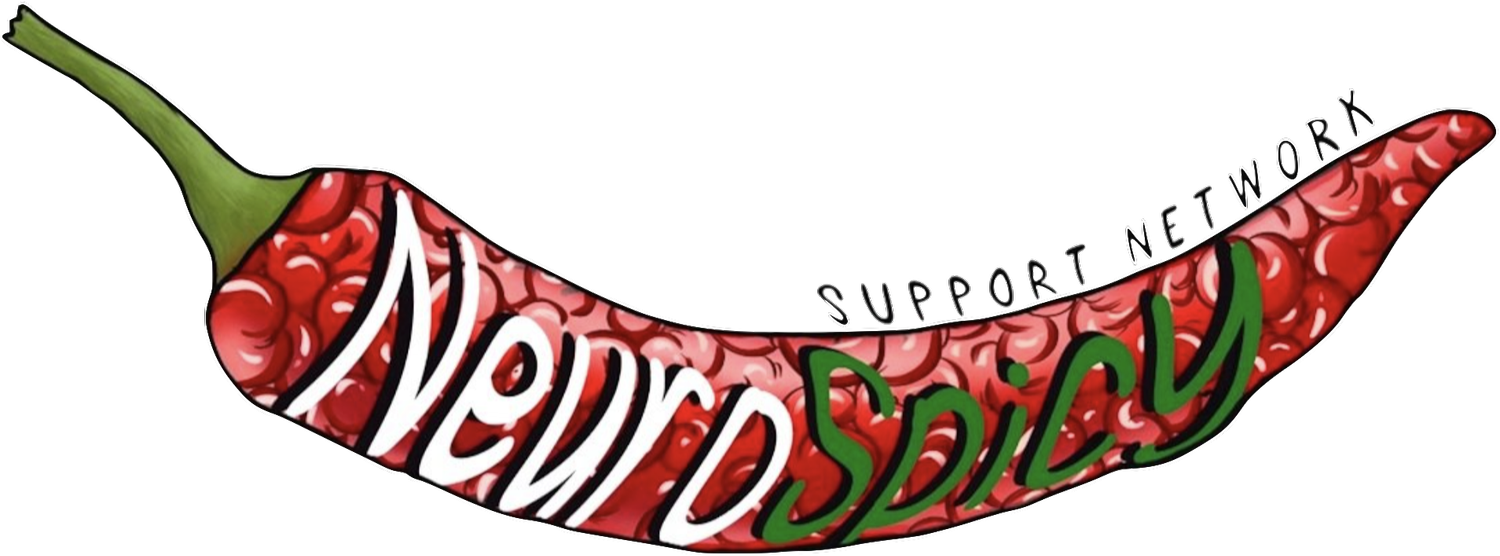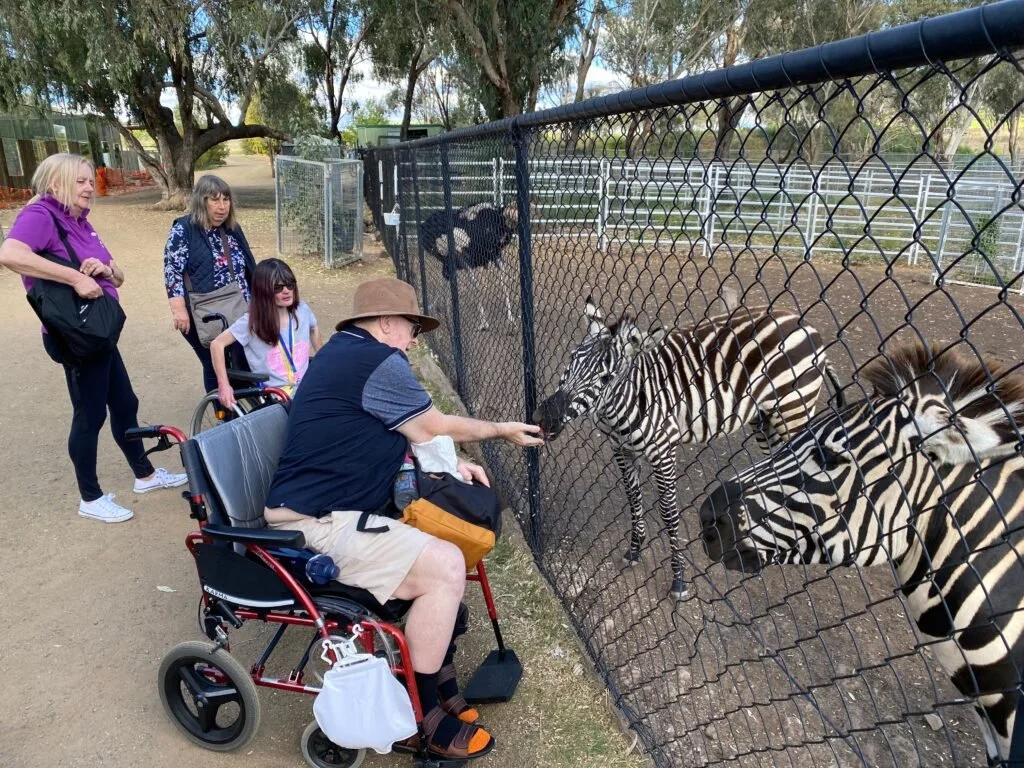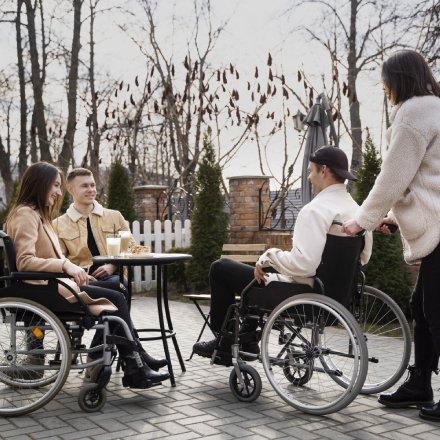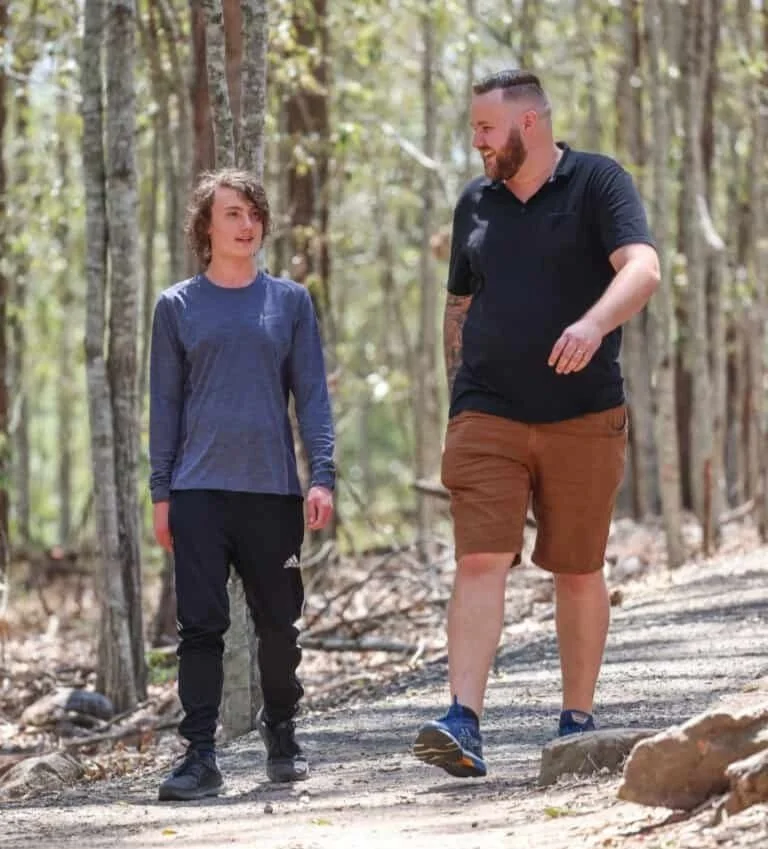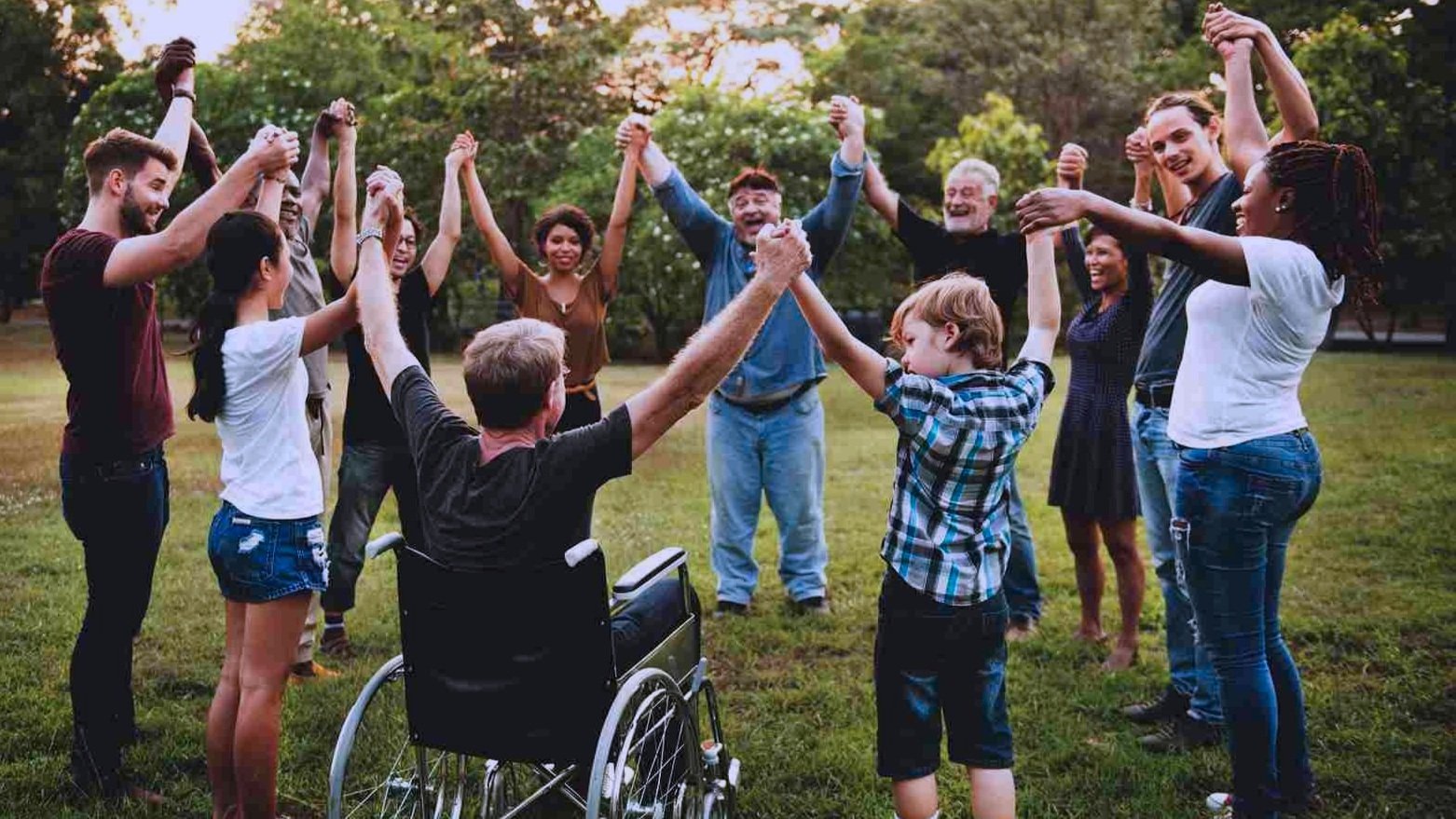
Social & Community Participation
Social &
Community
Participation
I can help manage household tasks, keeping your home clean and organised, simplifying daily chores and helping you maintain the perfect living space.
-
Participating in local meetups, cultural festivals, hobby groups, or support networks encourages connection and helps participants feel a sense of belonging.
-
Whether it's a local walking group, a team sport, or a personal training session, physical activity helps improve health while creating opportunities to meet new people.
-
Workshops and classes at community centres — such as cooking, gardening, arts and crafts, or digital literacy — allow participants to develop skills in a supportive environment while staying socially engaged.
-
Volunteering offers a meaningful way to contribute to the community, build confidence, and develop strong social connections.
-
Going to the movies, visiting museums, attending concerts, or simply enjoying a day at the park are all valuable opportunities to socialise and have fun.
-
NDIS Social and Community Participation can also support access to short courses or training programs, empowering participants to pursue their interests or educational goals.
-
We offer reliable support to join community events, keep appointments, and participate in social groups. Whether you need transportation, emotional support, or practical assistance, our team helps you navigate these experiences with confidence. This includes guidance before, during, and after activities to ensure you feel comfortable and empowered.
Helping you connect with your community
The focus is always on your choices and your goals, with flexible support that adapts to your unique needs and preferences.
Benefits of Social
& Community
Participation
For many people with disabilities, social isolation is a real and ongoing challenge. NDIS Social and Community Participation provides the support needed to break down those barriers and build genuine, lasting connections.
-
Regular community engagement helps build self-assurance and a positive sense of identity.
-
Participation in social activities lowers feelings of isolation, promotes emotional well-being, and combats anxiety or depression.
-
Group activities, sports, and social outings support both physical health and mental wellness.
-
Meet new people, form lasting friendships, and develop supportive relationships within your community.
-
Gain practical skills such as navigating public spaces, managing schedules, and making decisions, leading to greater autonomy.
-
Learn to start conversations, express yourself, and understand social cues in supportive environments.
-
Gradual engagement and tailored support empower you to overcome challenges and expand your comfort zone.
-
Become an active, valued member of your community and help build a more inclusive environment for everyone.
-
Discover new interests, explore volunteering or employment, and continue developing skills for future success.
Who Can Benefit from This Support?
-

Support for Individuals Experiencing Isolation or Anxiety
Some people face challenges when it comes to social participation. This may include:
- Feeling uncomfortable attending events alone
- Needing help to build independence in social settings
- Experiencing anxiety around unfamiliar environments
- Difficulty forming or maintaining social connectionsOur support aims to reduce these barriers through practical, one-on-one assistance. By creating safe, consistent opportunities for social interaction, participants can build skills and confidence over time.
-
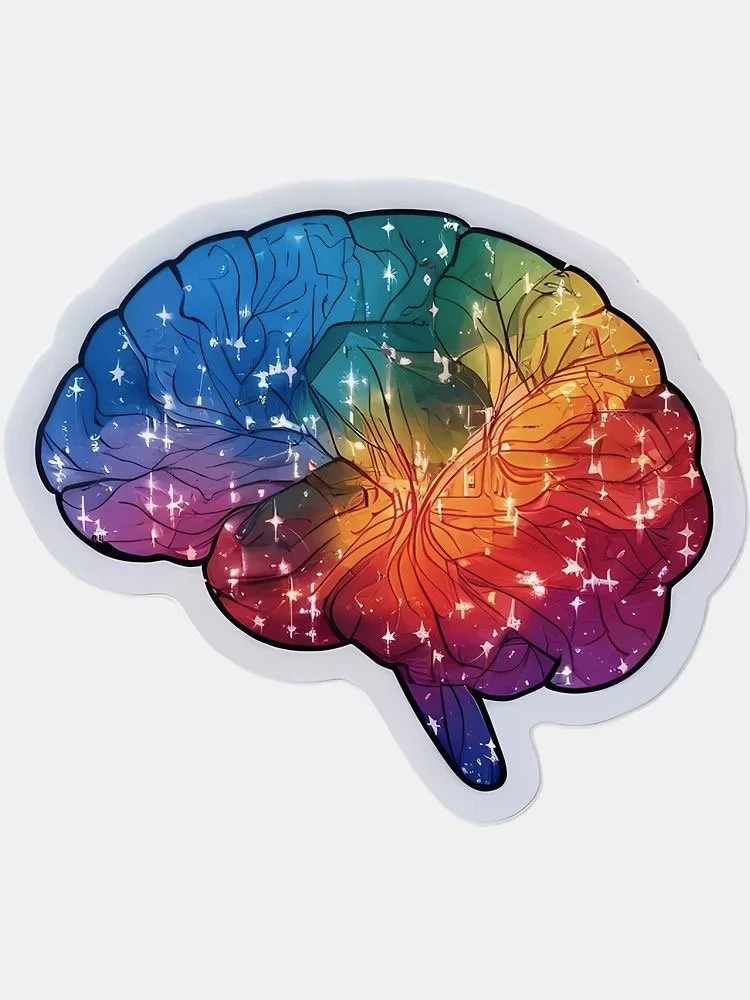
Neurodivergent Participants and Low Social Confidence
For neurodivergent individuals, social environments can be unpredictable and draining. Challenges with communication, overstimulation, or navigating group dynamics are common.
Our support is respectful, strengths-focused, and tailored to accommodate individual communication styles and processing needs.
Participants receive guidance in building comfort with community spaces, engaging with others, and developing routines that support social participation.
-
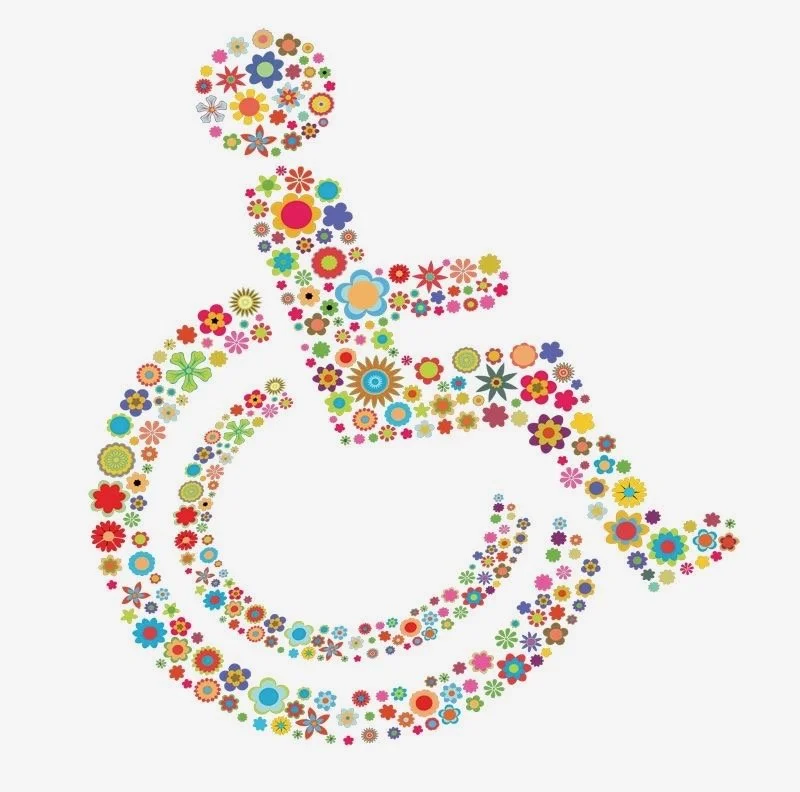
Suitable for All Ages and Levels of Support
This service is available to participants across all age groups and support levels. Whether you're a young person developing social skills, an adult re-engaging with your community, or someone who benefits from structured assistance, we adjust the level of support to suit your goals.
Our one-on-one model means you receive personalised support that aligns with your pace, preferences, and lifestyle.
NDIS Core &
Capacity
Building Funding
Within your NDIS plan, Community & Social Participation Support typically falls under two funding categories:
CORE FUNDING - Under "Assistance with Social and Community Participation" (Support Category 4), which covers immediate support needs for community participation, including support worker assistance during activities.
CAPACITY BUILDING FUNDING - supports skill development through coaching, camps, and classes that build long-term independence and confidence in social settings.
Both funding types work together to create a comprehensive approach to your community participation journey. Your Local Area Coordinator (LAC), NDIS planner, or support coordinator can help identify which supports might work best for your specific goals and ensure they're included in your plan appropriately.
What is Community & Social Participation Support?
Community & Social Participation services are designed for NDIS participants who want to build confidence, develop social skills, and engage more actively with their community. It is designed to help people with disabilities engage in a wide range of community-based activities. These include social outings, recreational events, volunteering, classes, and group activities that support independence and inclusion. This support is particularly helpful for individuals who face barriers to participation due to disability, mental health challenges, or social and communication difficulties.
This support can include assistance with:
Attending social groups or events Attend social events and community activities
Joining sports or fitness groups Join local groups based on your interests
Participating in recreational outings
Learning new hobbies or skills
Volunteering or contributing to the community
Accessing educational programs or workshops
Build communication and friendship skills
Try new experiences in a supported environment
Navigate public spaces confidently
I support participation in a variety of engaging community activities including:
Physical pursuits like swimming, walking, or bike riding;
Social outings such as bowling, mini golf, or dancing;
Attending local festivals and monthly markets in Port Macquarie, Laurieton, and Wauchope;
Sports participation or watching live games;
and exploring fishing or marine activities.
The primary goal is to create a sense of belonging and connection while supporting participants to lead more independent and fulfilling lives.'
I recognise that your journey toward greater community engagement happens at your own pace. The confidence and skills you gain create stepping stones toward increased independence and enhanced wellbeing. Therefore, each small success builds foundation for greater participation in activities that bring you joy and fulfilment.
Age Group Examples of
Community Participation
There are many ways you can engage in social and community participation, no matter your age, interests or goals. The social and community activities funded by the NDIS must be deemed as a ‘reasonable and necessary’ to help you meet your goals as outlined in your NDIS plan.
-
Sports and physical activities: Attending adapted sports camps, receiving coaching for sports like swimming or horseback riding, or participating in dance or martial arts classes with additional support.
Learning and development: Taking music lessons, attending museum visits, participating in science experiments, or joining workshops on art, writing, or spelling.
Social interaction: Support to organise playdates with friends to encourage social participation.
-
Learning and cultural exploration: Going to the library, a museum, an art gallery or an expo
Social connection and fun: Participating in cooking classes or food tasting events, attending a speed dating event, playing trivia, board games, or video games at a pub, cafe, or similar venue. Going to the movies, a concert, the theatre, or a music festival with someone who shares your tastes. Joining a social club (book club, collectors’ club, debating club, storytelling club, karaoke club)
Physical activity and wellbeing: Water-related activities (kayaking, canoeing, fishing, sailing, yabbying) or joining a sports club.
Skill development and creativity: Attending workshops for model aeroplane-making, origami, bonsai, woodworking, and pottery.
-
Learning and staying connected: Taking lessons in internet security, mobile phone usage, or pet grooming. Joining a book club or social group to play cards, chess, or Scrabble on a weekly basis. Attending workshops on potting plants, pickling, making pasta, and arranging flowers
Social interaction and leisure: Visiting a cat cuddle café or dog rescue service. Participating in lawn bowls, bocce, croquet as part of a local club. Going to the markets or setting up your own stall at a market to sell your creations. -Attending art shows, author talks, and fashion parades
Creative expression and skill development: Learning to do stand-up comedy and dance, singing, or acting lessons.
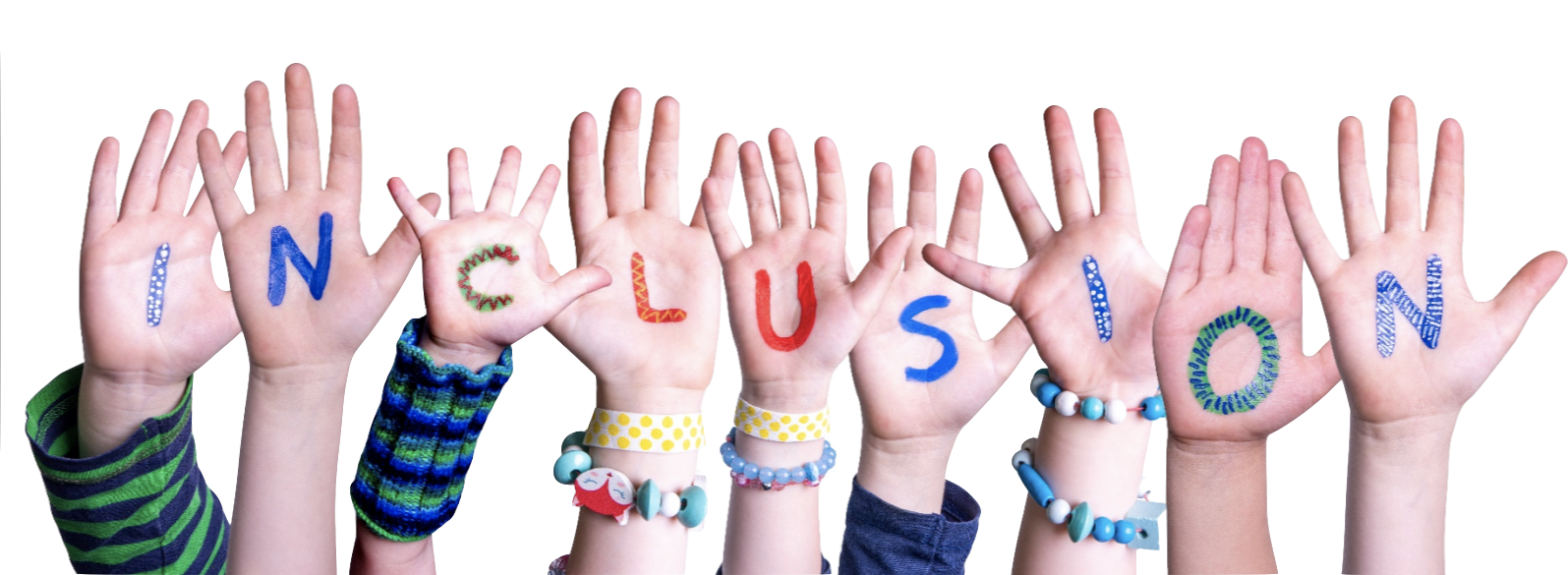
We believe everyone deserves to feel connected & valued within their community.
Call or email us today to book a free meet and greet shift where we can discuss how our support services align with your specific goals.
Why you should choose
Neurospicy Support Network
Tailored support based on interests & goals
I take time to understand what interests you and create opportunities that align with your goals to ensure activities are meaningful rather than generic, promoting genuine engagement and growth.
Community connections
Im a firm believer in the strength of community. Im here to support you to find a place in your community and help you reach your goals.
Personalised Approach
My personalised approach ensures you receive support tailored specifically to your unique goals and preferences acknowledges your strengths while providing the exact level of assistance you need to thrive.
Commitment to quality
I ensure the highest standards of care are maintained at every step of the journey.
Sarah, NDIS Participant
“I’ve always loved dancing but stopped going out cause of my anxiety. I felt awkward and overwhelmed in groups. Bridget started supporting me to join a local Zumba class and at first I was terrified, but she stayed by my side every week.
Now I go on my own, and I’ve even made a couple of friends there. It’s helped heaps with my confidence, and I feel like I’ve got something fun in my week again that’s just for me.”
FAQs
What activities can be funded through NDIS for social and community participation?
NDIS funding for social and community participation can cover a wide range of activities, including tuition fees, art classes, sports coaching, camps, and vacation activities. These are designed to build skills, independence, and promote community engagement.
Why is social and community participation crucial for NDIS participants?
Social and community participation is vital as it helps individuals feel included and connected to others. It provides opportunities to build friendships, expand social networks, and fosters a sense of belonging, which are all essential for overall well-being and personal growth.
What types of support does the NDIS offer for community participation?
The NDIS typically offers two main types of support for community participation: Core Supports, which cover immediate needs for participation in activities, and Capacity Building Supports, which focus on developing long-term skills and independence through coaching and classes.
Who can benefit from social and community participation support services?
These services can benefit a wide range of individuals, including those with social anxiety, people experiencing isolation, neurodivergent participants, and individuals with low confidence. The support is flexible and is tailored to meet the unique needs of participants of all ages.
How does social and community participation support improve mental well-being?
Engaging in community activities can significantly enhance mental health by reducing feelings of isolation and loneliness. Regular social interaction helps lower stress levels, improves mood, and builds emotional resilience. It also provides opportunities to develop new skills and interests, contributing to overall personal growth and confidence.
